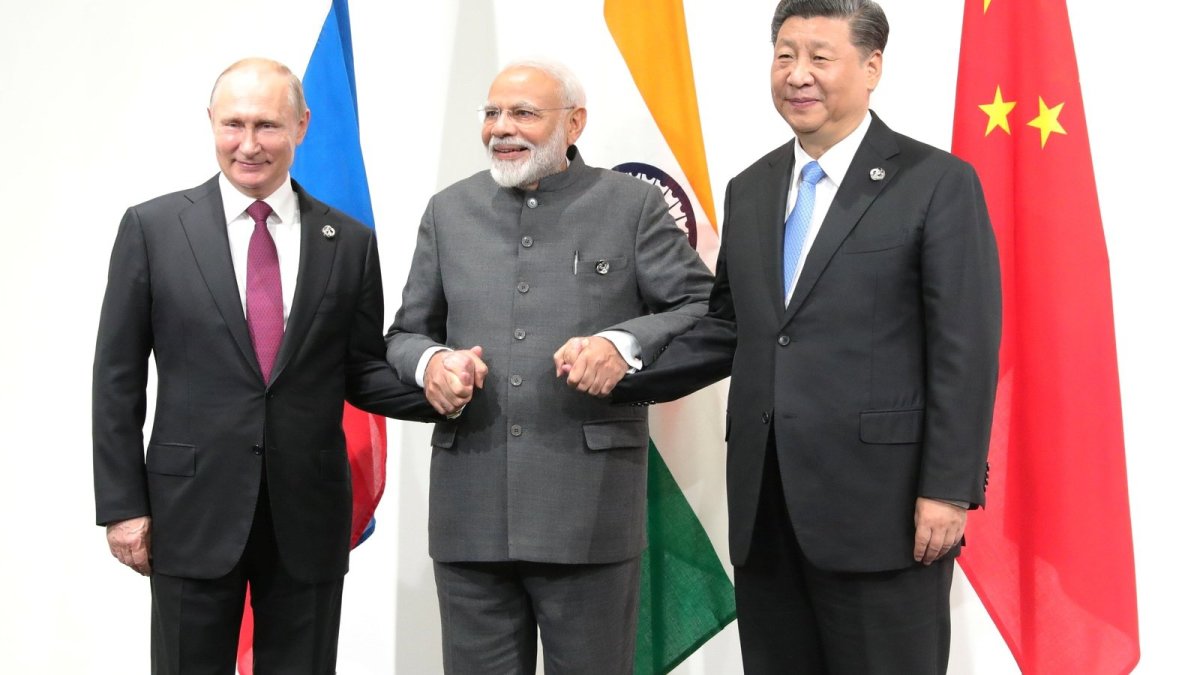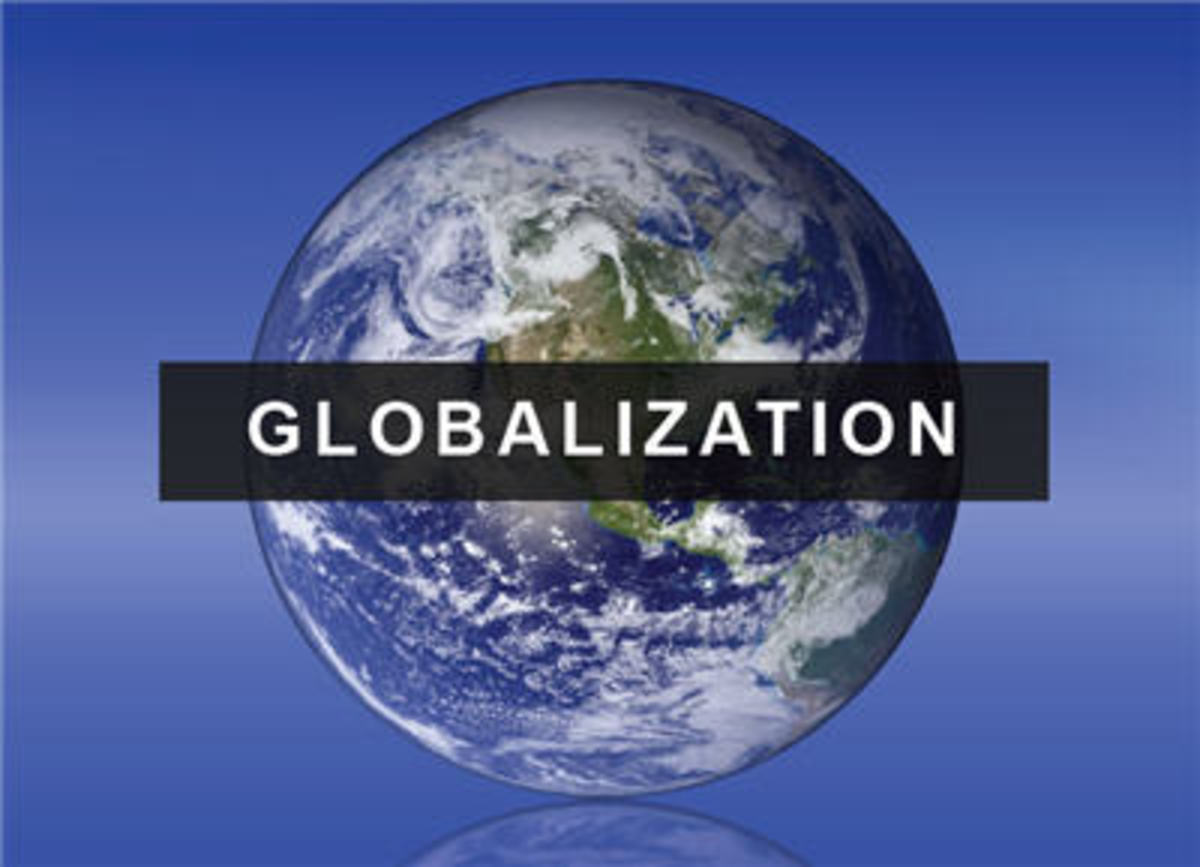Globalization's Effects on the Environment
Globalization is a concept surrounding the process by which businesses or organizations conduct business on an international scale. Often when you hear a discussion on globalization, it’s from an economic perspective. Economists argue that increased globalization can stimulate our economy by increasing competition in the marketplace. This may be true and while the economy is important; What other impacts can globalization have? Many people don’t realize the effect globalization can have on our environment! One could argue that increased globalization does not necessarily increase the sustainability of our resources; another argument is that it benefits the environment as much as it hurts it.
In a perfect world increased international trade would stimulate the economy enough to use some of the profit to protect the environment. However, various trends have noted that this is not always the case. Often times richer countries benefit the most and third world countries tend to be more polluted. And over time there has been an increase in air emissions, more holes in the ozone layer, and a decreasing amount of freshwater supply on Earth.
The transportation of goods across countries has a direct impact on our environment and although it is the least studied factor in regard to this debate, it tends to have more severe short-term impacts. Essentially the argument stands that the cost of shipping goods via truck, airplane, or ship increases the amount of pollutants released into the air. This could be avoided if more countries avoided trade and reverted to locally grown or manufactured products. However, producing domestically can have similar if not worse effects on the environment with greenhouse gas emissions and factory pollutants. Of course, this is an issue we face all the time in the United states and all over the world is the amount of driving we do, or flying, and how can we reduce the amount of Co2 we are releasing into our atmosphere.
Other indirect effects globalization can have on the environment which include scale, composition, and technique effects. Composition effect is the theory that more trade is associated with lower income countries that use a lot of energy versus higher income countries that have more strict regulations on their energy consumption. So, the long-term effects of this will cause countries that had lower amounts of energy consumption to increase and then basically “racing to the bottom” as far as standards goes. Technique effect is another theory that directly correlates with composition effect that states that businesses have the ability to decrease pollution effects in lower income countries by locating their businesses there and boosting the economy. For example, a company like amazon has the ability to move into a lower income country and use technological advances to improve the communities surrounding their location and positively impact the environment. They call this a “pollution haven”. Scale effect has to do with measuring technique effects by an income per capita basis.
Direct and Indirect factors in International trade have less of an effect than they seem but it should not be ignored! If all countries made the effects of globalization a priority when conducting trade, there is an opportunity to make a difference. There is no doubt that globalization can have economic benefits for all countries involved and so why shouldn’t it benefit the physical world we live in. Sustainability is such a growing concern with advances in technology being so frequent and a more and more limited amount of resources available. Big issues like climate change command the attention of the globe to address it and globalization gives it a platform to shine so businesses should take advantage of those benefits rather than just the profit benefits.
Works Cited
Gallagher, Kevin P. "Economic Globalization and the Environment." Annual Review of Environment & Resources, vol. 34, no. 1, Nov. 2009, pp. 279-304. EBSCOhost, doi:10.1146/annurev.environ.33.021407.092325.
Ghemawat, Pankaj. “Globalization Plays a Bit Part in Environmental Issues.” Harvard Business Review, 23 July 2014, hbr.org/2012/05/globalization-plays-a-bit-part.
“Globalization and Its Impact on the Environment.” Environment News South Africa, 9 June 2016, www.environment.co.za/environmental-issues/globalization-and-its-impact-on-the-environment.html.
“Globalisation and the environment.” Resource for social workers to share, discover and learn, ifsw.org/policies/globalisation-and-the-environment/.








